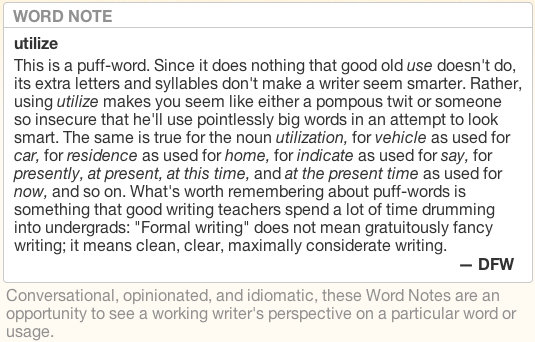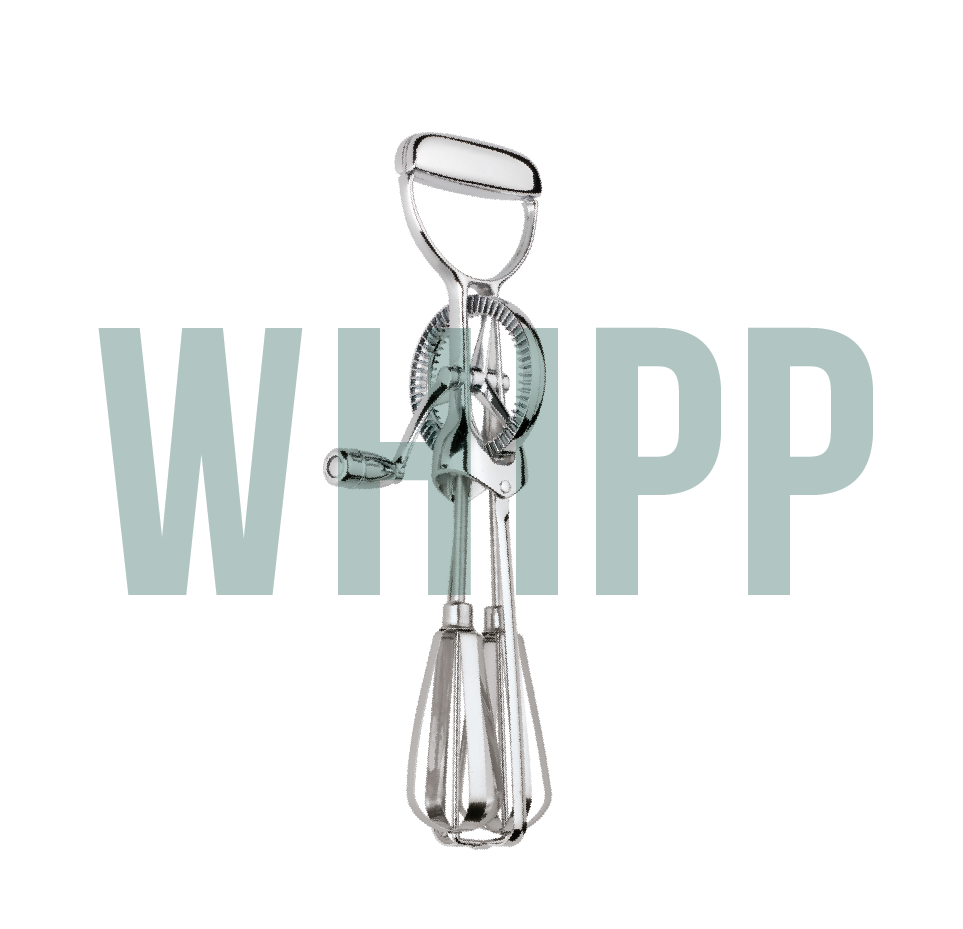
The Art of Being a Grammatolator
Almost everyone communicates using words, but have you ever stopped to think about how truly complex a word is? A word is really only an element of speech that has a single distinct meaning. Or does it? Some words have multiple meanings. Some words have the exact meaning of another, rendering them somewhat pointless and redundant if not for constant use (and abuse) by the general public. But at one point that inflected sound was said, it spread like wildfire and POOF now it’s a word.
I am part of a wide breed of professional writers. A society, if you will, consisting of word-welders specializing in producing everything from case studies to proposals to contracts and scripts. And though I often find it difficult to read through a piece of work overrun with “their, they’re, there” errors or grammatical inaccuracies, there is a certain respect that comes with reading something written by someone else and knowing that his or her brain formed these sentences in this specific pattern based on personal thoughts. Every person has his own style of writing, and that is what makes it so great. You can use grammar, punctuation and words to emphasize how you want that communication to transpire.
Sometimes grammatical faux pas make your writing more interesting and actually sound better, contrary to what my high school English teachers had preached over and over again. I mean really, who made these rules up anyway? Still, I think there is merit in knowing your AP Stylebook for those proposals and press releases, but if I WANT to yell while talking, I can, so why is anyone stopping me from doing it on paper, or on a screen for that matter? And if I want to draaaaaaaag out a word or even putallofmythoughtstogetherquickly I should be allowed, because this sentence wouldn’t be here if it wasn’t for my own unique thoughts anyway, right? And since when can you not start a sentence with a conjunction?! (Note: using ? and ! together is definitely a writing faux pas, but sometimes just a ? or a ! really isn’t enough emphasis) I’m doing it right now and somehow my braniac-campadre, Microsoft Word Red Squiggle, doesn’t seem to be defriending me on Facebook, the sky isn’t falling and my Netflix is still suggesting the same never-quite-made-it movies as before. So, I think it’s okay to break some rules.
But hey! Did you know there’s a whole bunch of words that describe other words that break the grammar rules? One of my favorite rule-breaker terms is neologism. Merriam-Webster defines neologism as either 1. a new word, usage, or expression that is not yet accepted into the mainstream language or 2. a meaningless word coined by a psychotic. To me, these are two very different definitions, but nonetheless they are both correct. Neologism explains the use of words that have meaning only to the person using them. But many of us use neologisms in everyday lingo, implying that we are still changing our own language as we go. Neologisms are more common than you think, too, and range from Orwellian, robotics, prequel, webinar, Kleenex, to Tebowing and Soccer Mom. I MEAN, REALLY. The word “blog” is a neologism and I use that word, on average, 24 times a day!
So write on, fellow grammatolators. Because without constant changes to the English language, writing just would not be this fun.
Rule-Breaker Words about Words.
Ananym
A type of anagram, formed by reversing letters of another word. For example, Adanac, a city in Ontario, is Canada spelled backwards, or Harpo Productions, Oprah’s company.
Idioglossia
Invented speech, a private language. Did you ever make up a secret language as a kid with your friends? You would snicker as your parent’s were confused by your mumbling sounds.
Spoonerisms
Named after the Right Reverend William A. Spooner, who had a habit of transposing the initial vowels or consonants in his speech, spoonerisms are words or phrases in which letters or syllables get swapped. That plaster man really didn’t work out so well, right? (Master plan)
Dysphemism
The substitution of a harsher or offensive term in place of a relatively neutral term. Referring to someone from the North of the country as a “Yankee” would be a good example, though since being a dysphemism has since been taken back by the Yankee’s and turned into a less offensive word.
Antonomasia
The substitution of a personal name for a common noun to describe a member of a group. “The Dark Knight” to describe Batman, “The King” to describe Elvis, and “The Big Apple” to describe New York City are all common antonomasia examples.
Contranym
A word with two opposite meanings. When using buckle to say “buckle your seatbelt” you are describing the action of holding something together, however when your knees buckle, they are collapsing or falling apart.
Backronym
A backward acronym, constructed by taking an existing word and creating a new phrase using the letters in the word. For example, the United States Department of Justice assigned to their Amber Alert program the meaning “America’s Missing: Broadcast Emergency Response,” although the term originally referred to Amber Hagerman, a 9-year-old abducted in Texas.
Malapropism
Sometimes also called “dogberryism,” is the misuse of a word by confusing it with a similar-sounding word, usually ending in a humerous slip-up. From Shakespeare’s The Merchant of Venice, “Our watch, sir, have indeed comprehended two auspicious persons.” (Should be apprehended and suspicious.)



Sorry, the comment form is closed at this time.